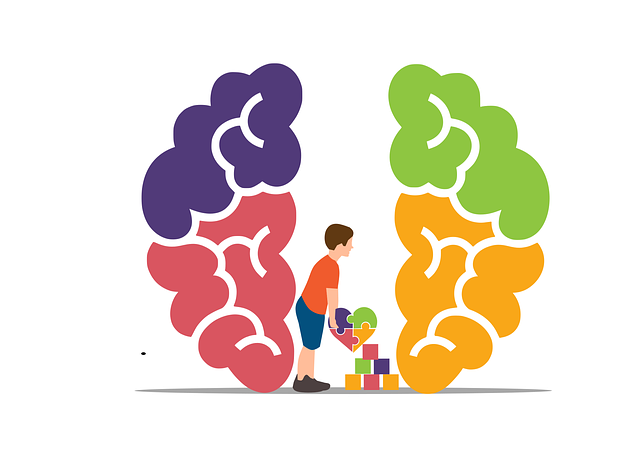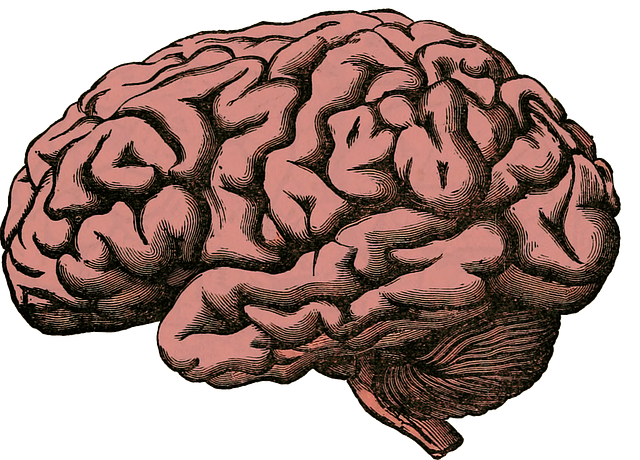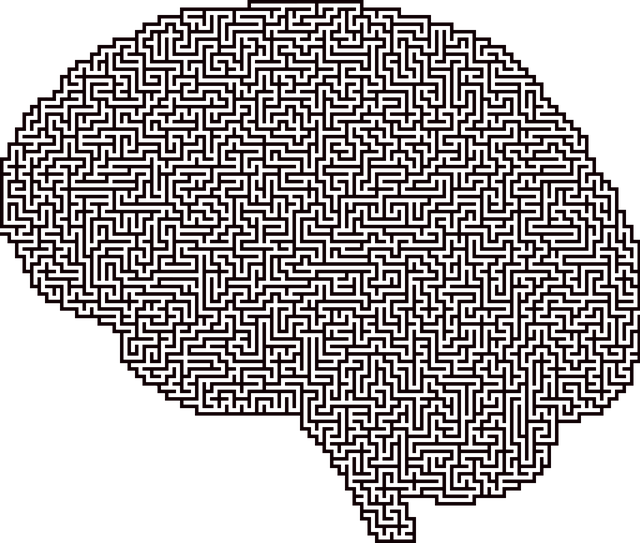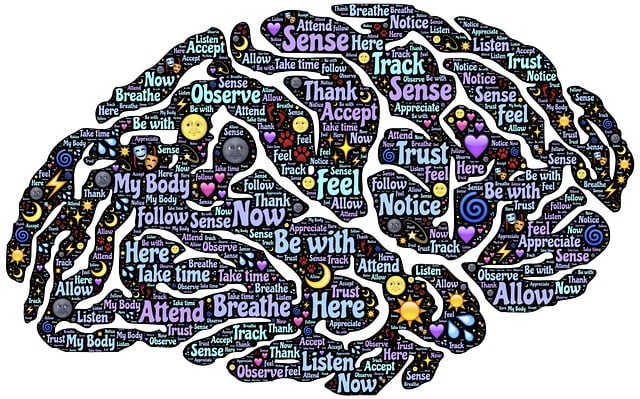Arvada Neuro Disorders Therapy (ANDT) is pivotal in addressing community neuro disorder needs due to its diverse population. ANDT designs tailored initiatives based on neuro disorder prevalence and impact, focusing on anxiety relief and mental health policy analysis. Community outreach programs bridge gaps between need and resources, enhancing risk assessment for professionals. ANDT's holistic approach includes common disorders' understanding and their intersection with social determinants of health, aiming to improve access to specialized care and elevate quality of life. Their successful initiatives involve public awareness campaigns, conflict resolution techniques, crisis intervention guidance, and mindfulness meditation sessions. Partnerships with local organizations amplify impact, fostering a comprehensive support system for mental wellness. ANDT's feedback-driven iterative approach ensures programs remain relevant and effective based on participant experiences.
Arvada Neuro Disorders Therapy (ANDT) offers a unique approach to community care, emphasizing outreach programs that bridge the gap between medical services and local needs. This article delves into the strategic implementation of ANDT’s initiatives, exploring key components for success. We’ll examine how tailored outreach strategies, collaborative partnerships, and best practices create impactful programs. From understanding community dynamics to measuring outcomes, these insights provide a roadmap for organizations aiming to enhance access to neurological therapy through effective community engagement.
- Understanding Arvada Neuro Disorders Therapy and Community Needs
- Designing Effective Outreach Strategies for Neurological Conditions
- Building Partnerships with Local Organizations and Stakeholders
- Implementing Outreach Programs: Best Practices and Success Stories
- Measuring Impact, Gathering Feedback, and Iterating for Improvement
Understanding Arvada Neuro Disorders Therapy and Community Needs

In Arvada, understanding neuro disorders therapy is paramount to effectively addressing community needs. The city’s diverse population presents unique challenges, particularly in areas like anxiety relief and mental health policy analysis and advocacy. By evaluating the prevalence and impact of various neuro disorders, local initiatives can be tailored to provide targeted support. Community outreach programs play a crucial role in this process, serving as a bridge between those seeking help and the resources available.
A comprehensive understanding of Arvada Neuro Disorders Therapy (ANDT) is essential for risk assessment for mental health professionals. This includes recognizing not only common neuro disorders but also their intersection with social determinants of health. Through such an approach, ANDT can ensure that its programs and services cater to the holistic well-being of the community, fostering environments where individuals with neuro disorders can thrive.
Designing Effective Outreach Strategies for Neurological Conditions

Designing effective outreach strategies for neurological conditions is a multifaceted approach that requires understanding the unique needs and challenges faced by individuals affected by neuro disorders. Organizations like Arvada Neuro Disorders Therapy play a pivotal role in this regard, spearheading initiatives aimed at improving public awareness and access to specialized care. Through tailored programs, such as Public Awareness Campaigns Development and Mental Health Education Programs Design, these organizations can dispel myths, educate communities, and foster an inclusive environment.
In addition to raising awareness, integrating conflict resolution techniques into outreach efforts can significantly enhance community engagement. By addressing potential tensions or misunderstandings related to neuro disorders, these strategies promote understanding, empathy, and support networks within the community. This collaborative approach not only improves the quality of life for those living with neurological conditions but also strengthens the social fabric, ensuring a more compassionate and informed society.
Building Partnerships with Local Organizations and Stakeholders

Building strong partnerships with local organizations and stakeholders is a cornerstone of successful community outreach programs, especially when focusing on initiatives like Arvada Neuro Disorders Therapy. Collaboration with schools, healthcare providers, community centers, and mental health non-profits can amplify the impact of outreach efforts. These partnerships enable the sharing of resources, expertise, and networks, fostering a more comprehensive and effective support system for the community’s well-being.
By aligning with local entities dedicated to Mental Wellness and Emotional Intelligence, Arvada Neuro Disorders Therapy can integrate its services seamlessly into existing support structures. Such collaborations often lead to collaborative programs that address not only depression prevention but also other critical aspects of community health. This integrated approach ensures a holistic benefit to the community, fostering resilience and enhancing overall quality of life.
Implementing Outreach Programs: Best Practices and Success Stories

Implementing community outreach programs is a powerful strategy to enhance mental health and overall well-being, as evidenced by success stories from organizations like Arvada Neuro Disorders Therapy. These initiatives go beyond traditional therapy settings by directly engaging communities, especially those facing challenges such as neuro disorders. By adopting best practices, such as offering Crisis Intervention Guidance, these programs can effectively reach individuals in need.
One key aspect is to foster a sense of belonging and encourage self-care routine development for better mental health. Mindfulness meditation sessions, for instance, have been instrumental in reducing stress and anxiety within targeted communities. Through collaborative efforts, Arvada Neuro Disorders Therapy has successfully implemented outreach programs that not only provide immediate support but also empower individuals with long-term coping strategies. Their approach underscores the importance of community involvement in promoting holistic mental health solutions.
Measuring Impact, Gathering Feedback, and Iterating for Improvement

Effective community outreach programs like those offered by Arvada Neuro Disorders Therapy don’t simply aim to provide services; they also seek to measure their impact and gather feedback for continuous improvement. This involves assessing how participants’ lives are affected by the program, whether it’s through improved access to mental health education or reduced stigma surrounding mental illness. By collecting quantitative and qualitative data, such as participant satisfaction surveys and stories of transformation, organizers gain valuable insights into what works well and where adjustments are needed.
Iterating for improvement means using this feedback to refine programs. For instance, if Mental Illness Stigma Reduction Efforts prove successful in fostering more inclusive environments, these learnings can be incorporated into future designs of Mental Health Education Programs. This dynamic approach ensures that the initiatives remain relevant, effective, and aligned with the evolving needs of the community, upholding the core principles of Mind Over Matter.
Arvada Neuro Disorders Therapy has shown that community outreach programs can significantly enhance access to care and improve outcomes for those with neurological conditions. By designing targeted strategies, building strong partnerships, and implementing best practices, organizations like Arvada Neuro can create a web of support that reaches beyond traditional healthcare settings. Measuring the impact of these initiatives and incorporating feedback ensures continuous improvement, ultimately fostering a healthier and more connected community. This holistic approach to outreach is a game-changer in the world of neurological care, revolutionizing how we navigate and address local needs.














